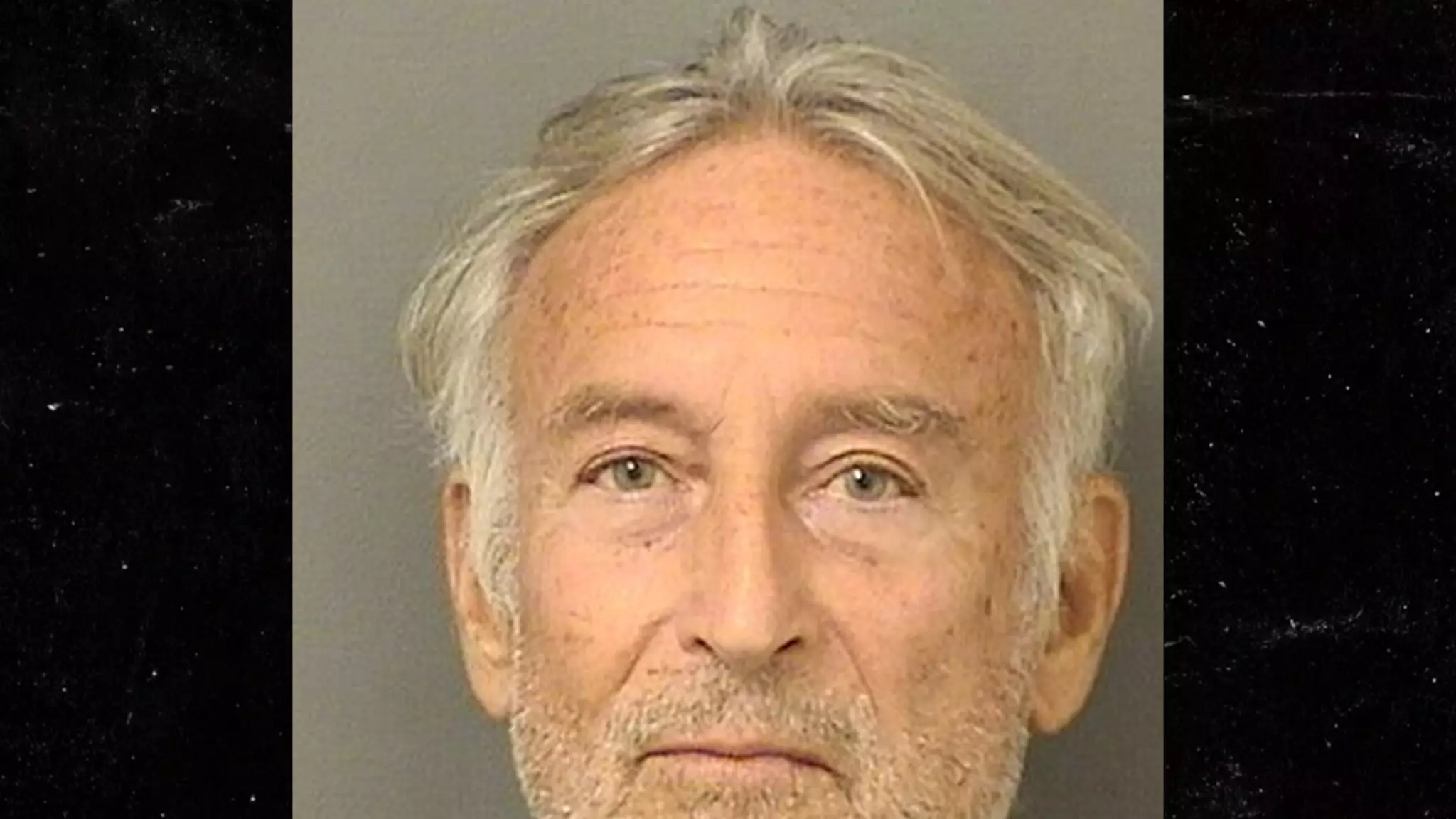Glenn DeCicco, a 73-year-old Florida resident, recently thrust himself into the national spotlight under disturbing circumstances. The photograph taken during his police booking tells one story: a relaxed, sun-kissed beachgoer, reminiscent of a nostalgic surfer era. However, the narrative darkens sharply when paired with the chilling details of DeCicco’s social media threat against former President Donald Trump. With the phrase “Ass-ass-inate!” and disturbing reference to violence, DeCicco’s posts contrast sharply with his outward appearance, revealing a jarring disconnect between image and intent. This dissonance raises unsettling questions about the nature of public political discourse in a time marred by anger and division.
Social Media: A Double-Edged Sword
DeCicco’s digital outburst encapsulates a larger crisis of communication in the digital age. Social media platforms, while providing a virtual megaphone for free expression, also serve as breeding grounds for dangerous ideologies and threats. Amid the sea of opposing opinions, some individuals find the courage—perhaps misplaced—to voice violent notions that could easily spiral out of control. The fact that someone would openly consider such violence against a political figure highlights the troubling normalization of aggression as a form of political expression. This incident is not merely about one man’s folly; it is indicative of a societal collapse of civility where harsh sentiments can evolve from mere thoughts to articulated dangers within seconds.
The Response: Law Enforcement and Political Realities
When law enforcement intervened, they did not merely arrest DeCicco; they acted on a clear protocol that underscores the seriousness of any threat made against public figures. The subsequent alert to the Secret Service is a reminder that behind every threat is an undercurrent of real implications that extends beyond the individual voice. The courtroom actions—the denial of bond and the protective measures mandated to keep him away from Trump—serve as a critical and necessary stance. However, these reactions also fuel the ongoing debate about the balance between mental health, free speech, and public safety in today’s increasingly polarized political environment.
The Bigger Picture: A Reflection on the American Divisions
This case, while isolated, forces us to confront broader societal issues: the extreme polarization within American society and the impact of rhetoric in the public arena. DeCicco’s comments echo sentiments prevalent among some factions in today’s political landscape, where calls to violence are often sensationalized and, regrettably, trivialized. When political disagreements transform into personal threats, as illustrated by this situation, the fabric of democracy itself is put at risk. It compels us to reflect seriously on how we engage with one another across ideological lines, urging for dialogue that more frequently emphasizes understanding rather than hostility.
The story of Glenn DeCicco should be an alarming wake-up call for all—an impetus to reevaluate our responsibilities as citizens in a democracy, not just in how we express our sentiments, but in how we listen and learn about one another amidst dissent.

